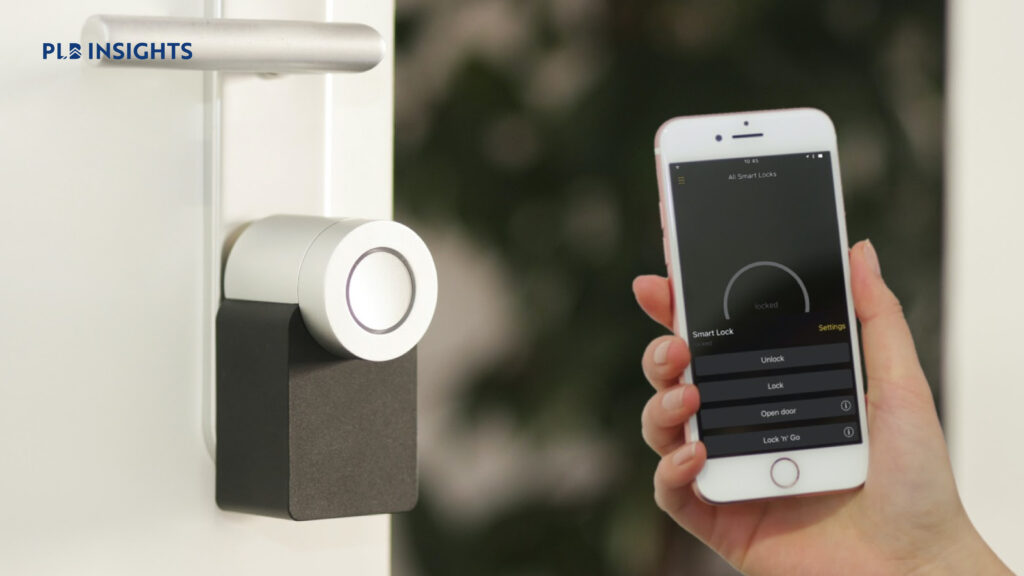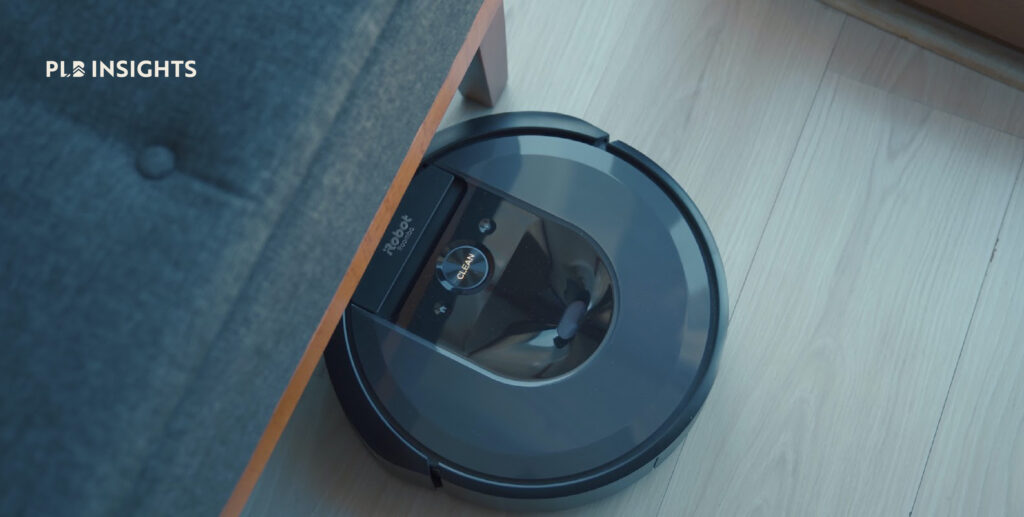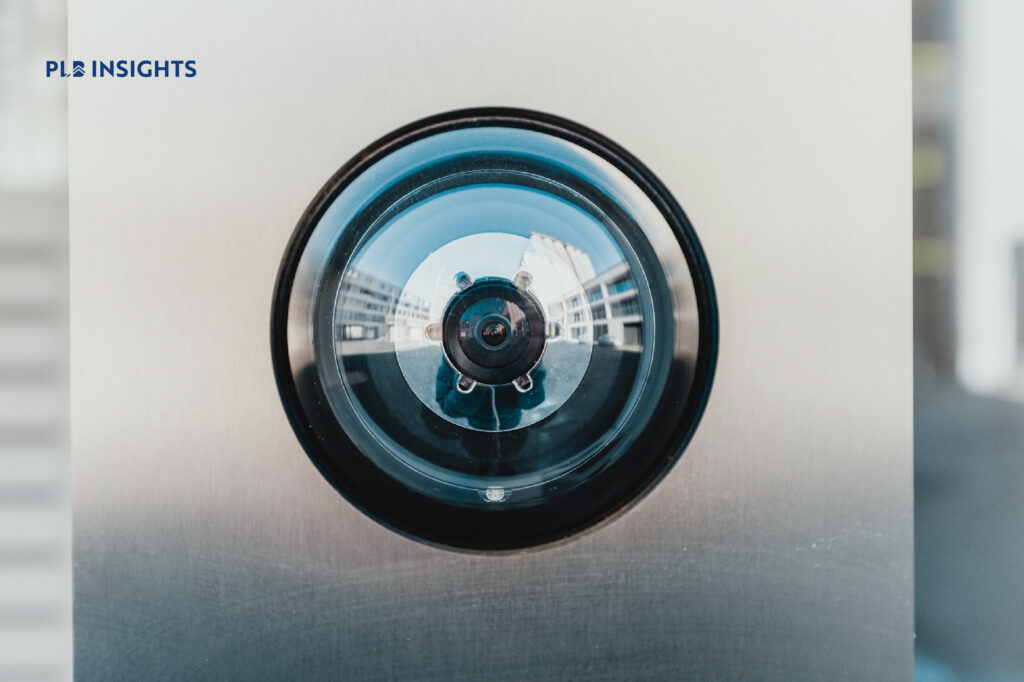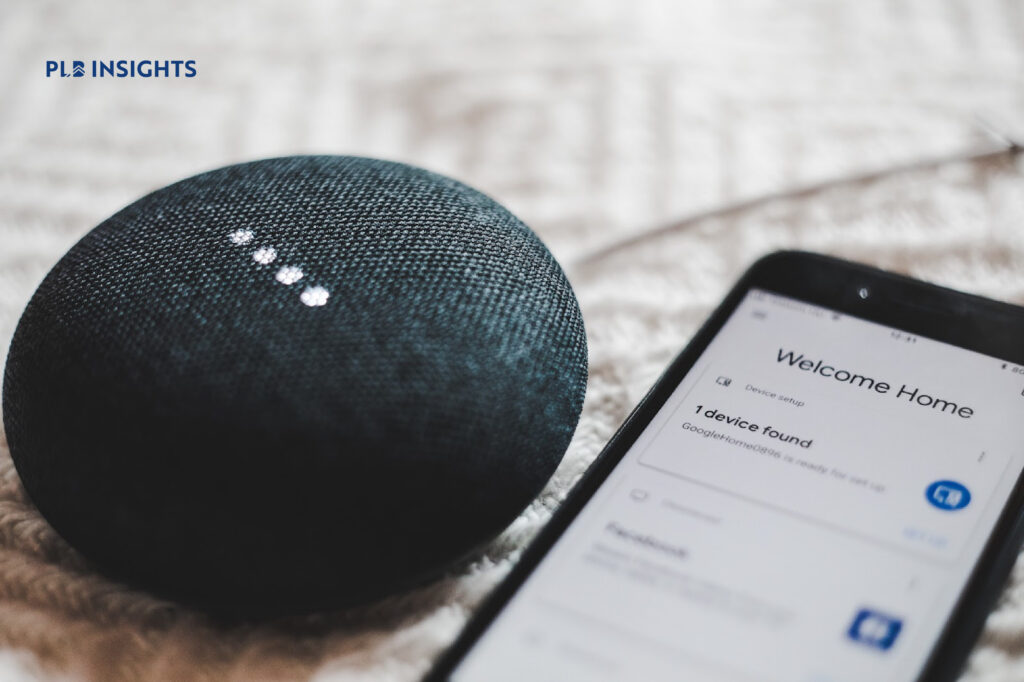
Homes in Singapore have undergone a remarkable transformation in recent years as a result of the emergence of smart home technology. From automated security systems and intelligent home appliances to automated light bulbs that can be controlled through a smartphone over Wi-Fi, these innovations are revolutionising how we live. Smart homes seamlessly merge technology with our everyday lives to enhance convenience, efficiency, comfort and sustainability.
In this article, we are going to explore the rise of smart homes in Singapore in recent years. We are also going to dive into the benefits that come with having a smart home, the increased awareness of and demand for this technology, and the initiatives the Singaporean government has taken to support the integration of smart homes.
What is a Smart Home?
A smart home is a residence equipped with a range of systems and devices connected to the internet. It can be controlled automatically through a smartphone, remote, or other connected devices.
Residents of a smart home can monitor and control things such as lighting, security cameras, temperature, kitchen appliances, cameras and other aspects of their home through an app or other type of central hub. Even homes that do not fall under the “smart” category, may still have certain smart appliances or components they use daily. Examples of these include smart locks, fridges, ovens, robot vacuums, smart thermostats and air conditioners.

The only difference is that these homes incorporate certain smart aspects to them, while smart homes have a higher degree of automation and integration. In smart homes, all the devices and appliances work together seamlessly and are connected to a single platform or application.
Benefits of Smart Technology for Homes
Smart homes have several benefits that make them a great option for homeowners. Let’s go over some of them.
Efficiency & Sustainability
With the use of smart appliances and devices integrated within a home, homeowners can experience increased efficiency in terms of utilising energy. Different devices such as smart air conditioners and automated lighting systems are automated and built with features like motion sensors and timers. This ensures that the energy usage in a smart home is monitored based on the daily energy consumption habits of residents and used efficiently. Moreover, residents of smart homes can save on utility and energy costs while reducing energy waste.
Convenience

Smart homes offer residents a high level of convenience by enabling them to control various aspects of their homes with ease, usually through one system or application. Homeowners can control lights, door locks, air conditioning, kitchen appliances, and many other features easily on their phones as a result of this interconnectivity. Additionally, they can receive updates on any issues in their homes through an app, control the temperature and lighting in the house, and have access to cameras when they are away.
Safety

Another benefit of a smart home is the added sense of security it may offer to homeowners. Smart homes have features such as motion sensors, smart locks and cameras that enable residents to monitor their property. Moreover, they can also remotely control access to their property and receive instant alerts on the status of their homes.
Future-oriented
In the age of rapid technological advancements and the digitalisation of various daily activities, investing in a smart home or integrating smart technology into some aspects can help you “future-proof” your home. As technology continues to evolve in the future, you may find yourself being able to easily adapt and make use of new features and devices in your home.
Increased Awareness and Demand
With technological advancements, changing lifestyles and goals of building a more sustainable life, homeowners acknowledge all of the benefits that smart homes can provide. This is a key driver of the adoption of smart homes in the country.
As the awareness of smart technology has risen, the awareness of smart homes in Singapore has also been on the rise in recent years. In fact, the demand for smart home appliances has steadily grown, and the revenue of Singapore’s smart home appliances market is projected to grow by 12.48 % annually as a result of the adoption of the Internet of Things (IoT).

Drivers of Demand
Artificial Intelligence (AI) Integration
Home appliances powered by artificial intelligence are providing customers with innovative options to switch their typical house appliances with. These include smart home appliances that come with AI-powered tech such as voice recognition and control, machine learning (ML) algorithms, personalised automation and energy optimisation.
Singapore’s aim to embrace digitalisation and technological advancements in all aspects of living are contributing factors that have fueled the demand for smart homes and smart home appliances.
Effects of Covid-19
As a result of the pandemic, people were forced to spend a significant amount of time at home. The circuit breakers and a new remote working environment urged a lot of consumers to shift their lifestyle preferences and needs. Some of these changes in preferences included prioritising the need for more convenience and security at home, along with energy efficiency. Homeowners were also on the lookout for smart technologies that were voice controlled and contactless, according to a study.
These preferences led to a surge in demand for smart home appliances and prompted manufacturers within the market to develop new solutions to cater to the growing market of consumers that prioritise smart home technology.
Building a Sustainable Future
In addition to lifestyles that come with busy schedules and a need for convenience, Singaporeans are also increasingly looking to incorporate sustainable ways of living as they place importance on caring for the environment. With two of the benefits of a smart home being energy efficiency and sustainability, homeowners who choose to live greener lifestyles might choose to utilise smart technology in their homes. Moreover, homeowners can save on certain costs due to the energy conservation that smart homes provide. As such, sustainability can be considered as a driver of demand for smart homes.
Government Initiatives and Support
The Singapore government actively promotes smart technology and the adoption of smart homes. Additionally, the government provides support for the integration of smart homes in Singapore through initiatives like the HDB Smart Enabled Home and the Smart Nation Initiative.
These programs offer homeowners subsidies and grants as an incentive to encourage the integration of smart homes. This support and the initiatives that the government has taken on have positively impacted the demand for smart homes in Singapore.
Risks of Smart Home Integration
Although there are numerous benefits that homeowners can experience, there are certain risks that must be taken into consideration when choosing to integrate smart appliances to your home.
Security Concerns
Smart home systems and devices typically collect and store different types of personal information and sensitive data. This is how features that help users track their energy consumption levels and voice controlled devices work. This can pose a risk of data breaches and unauthorised access that may leak personal information.
Moreover, these devices could be vulnerable to cybersecurity attacks and serve as an entry point for hackers who could gain access to unsecured personal information that is used to monitor and control the smart home systems.
Unreliable & Malfunctioning Devices
Another potential risk of smart home technology is the unreliability of these systems. For instance, if not updated regularly, these devices could lag, face technical glitches, or fail to work completely. Because the integration of smart home systems involves relying on a single device for most, if not all, appliances and aspects of a house, this could disrupt the daily household functions and cause homeowners inconveniences.

Additionally, if homeowners do not conduct proper research on the different brands and options they have available, they may end up choosing a brand that is unreliable or cannot seamlessly connect with products from different brands, further causing disruptions and inconveniences.
Dependence on Wi-Fi Connectivity
As all smart home devices require a strong and stable internet connection to function properly, their operations can be disrupted in instances where you are facing connectivity issues.
Risk Management
To mitigate the potential risks related to smart home integration, it is important for homeowners to prioritise security measures that ensure the safety and security of their home and family. This includes practices such as creating strong passwords, updating devices regularly, and being educated on privacy policies, data collection practices, and security protocols that may come with the type of devices you use.
Closing Thoughts
With increasing awareness and demand, smart homes have become a growing trend in Singapore. This is driven by factors such as technological advancement, changing lifestyles that are driven towards building a more sustainable life, and government support and initiatives.
Smart homes come with a range of benefits for homeowners, including but not limited to convenience and efficiency. Residents of smart homes can manage several aspects of their home from a centralised app or platform with a personalised user experience, making this an exceptional investment to make on their property.
As Singapore continues to embrace smart home technology, homeowners can create a living space that is integrated with seamless tech that improves the overall quality of life for residents.
We hope you enjoyed reading this article. If you are interested in staying up-to-date on more trends in the world of real estate, check out more of our work at PLB Insights. As always, feel free to reach out to us here if you have any questions regarding your property journey and would like some guidance.
Until then, see you in the next one!







